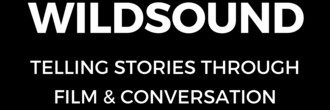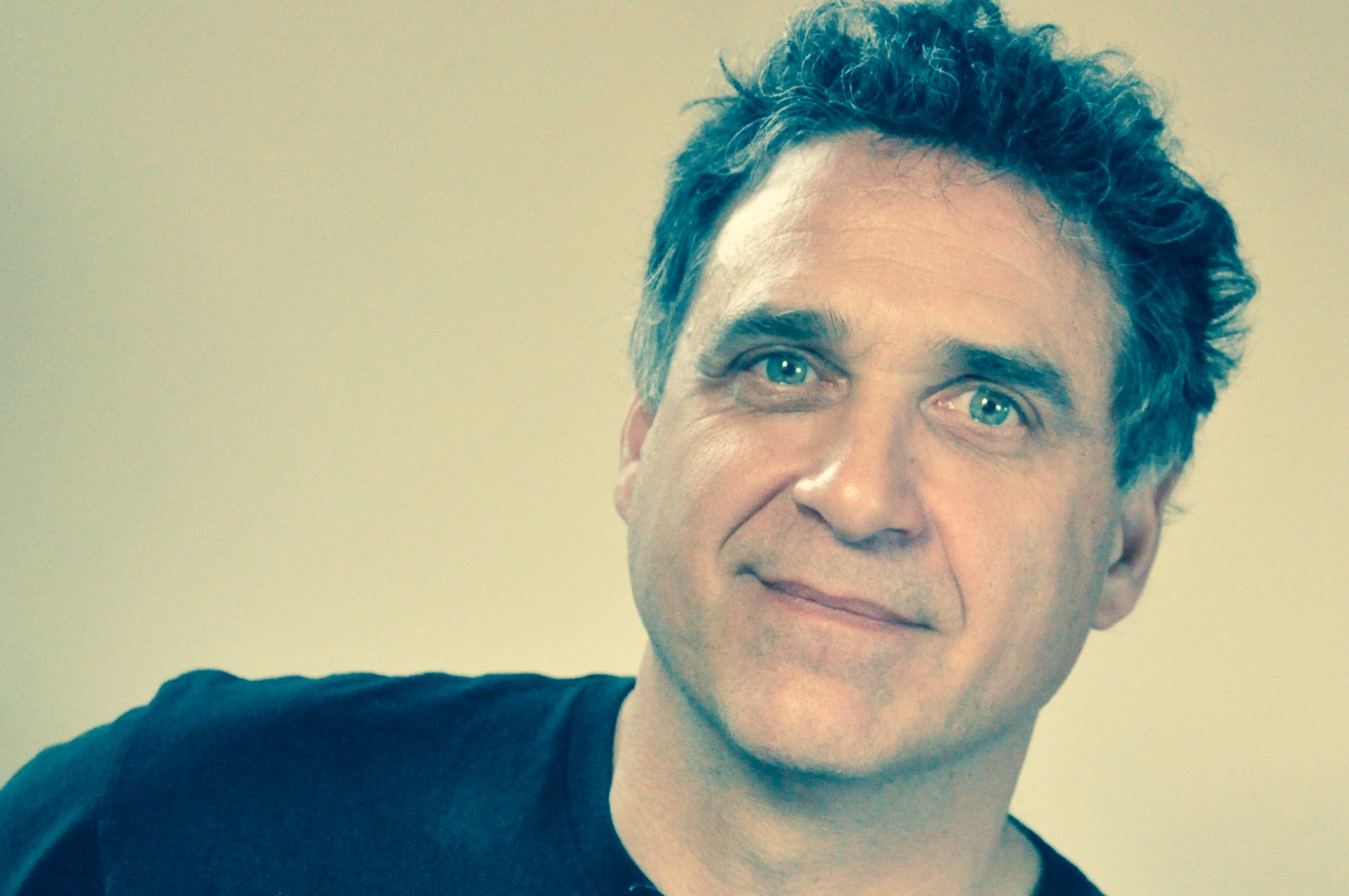It was an honor for the extremely talented DP, Frank G. DeMarco, to take some time out of his busy schedule to answer a set of questions for this interview.
https://www.frankiedemarco.com
Matthew Toffolo: Where were you born and raised?
Frank G. DeMarco: I was born in Baltimore, Maryland. After studying abroad in Italy and Austria, I moved to New York City—it’s America’s European city.
Was CINEMATOGRAPHY something you always wanted to do as your career?
I was fascinated by still cameras and had a little Super 8 movie camera as a youth, but I never thought I could make a living with either, so I got a college BA in Modern Languages. I became aware of Cinematography while studying in Florence, Italy during college. When I graduated, I discovered that there were very few jobs for linguists other than working for the NSA. Luckily, I got a gig on a tv commercial and then my life went in the best possible direction—filmmaking!
What has been your the proudest work of your career? Or, what has been your favorite project to date?
Hedwig and the Angry Inch was a big break for me and I am very proud of the work we did on it. I got to work with a brilliant actor-writer-singer-director-punk named John Cameron Mitchell. There were many pressures on us to compromise and make a lesser film, but we held on to the director’s vision and made a wonderful cult film that endures even to this day. We’ve done four films together and each one is very special in its own unique way. However, almost all of the films I have shot are my favorites—I try not to do a project unless I love the script and the director. Beerfest is my favorite comedy, Margin Call is my favorite thriller. Rabbit Hole is my favorite drama. All is Lost is my favorite adventure film. Theremin: An Electronic Odyssey is my favorite documentary. In the TV/Streaming world, I’m proud to say the first 5 episodes of Amazon’s Sneaky Pete Season 2 is the best-looking TV show I’ve shot to date.
Tell us about your working on the first season of MAD MEN. How was the creative vibe on set? Did people know they were onto something and this was going to be a special show?
With MAD MEN, the actors gave everything, the crew was top-notch and the scripts were always good. I loved Dan Bishop’s production design and the costumes were spot-on. Everyone hoped the show would get renewed for a second season, but, on the early episodes I worked on, I don’t think anyone could foresee how ground-breaking and special Mad Men was going to become.
You DP’d the film ALL IS LOST, which is a film with only one actor: Robert Redford. What was that experience like? I’m sure you haven’t had another shoot quite like that one.
All is Lost is a silent film—but with sound. I’m a huge fan of the silent films of Buster Keaton, Fatty Arbuckle, Charlie Chaplin and Harold LLoyd. Silent films are storytelling at its most basic level. I definitely used my study and knowledge of silent films to inform how I shot, lit and composed All is Lost. Working with an icon like Robert Redford was a highlight of my career. His Sundance Film Festival opened many doors for me and I got to thank him in person for that. Redford is an amazing “internal” actor—he doesn’t need words. He can convey what’s in his heart or on his mind with his face and eyes and body—he probably could have been a great silent film star, but then we would’ve been deprived of his wonderful voice!
What are you generally looking for in a director in order for you to do your job as best as possible?
It’s great to have a director that knows and likes my work! I look for directors that are collaborative and secure in their own abilities. The best directors I’ve worked with like to have ideas thrown at them. I’ve got many ideas and observations when I work on a film and it is a thrill and honor when the director incorporates some of my ideas into the film. I like a director who trusts me to light and compose the film according to the way we discussed in prep. I like a director who is willing to change everything if he sees a better way of doing a scene—and, even if it’s at the last minute and there’s no more time, I will do everything I can to facilitate that better idea. Most importantly, I like a director who is not only brilliant, but also kind and humble and generous and grateful. We’re all there to help him or her make the best film possible.
What do you think a producer/director is looking for when they bring on you to DP the film?
Producers usually want someone who is easy to get along with, won’t make waves, works fast and doesn’t cost too much to hire. Each director is so unique, but if they’ve hired me then they know they have a partner, a collaborator, a co-conspirator and friend that will help make the absolute best film possible.
What is your passion in life besides CINEMATOGRAPHY and film?
I love music: Debussy and jazz mostly. I bash away on a big 7 foot long Yamaha grand piano every day at home. When I travel I bring my sheet music and rent a digital piano for my hotel room. I enjoy cooking for people: when I filmed How to talk to Girls at Parties in England I hosted a Sunday roast for the director, producers, actors and friends every week. I still do it once in a while here in NYC. I love salt water and tides and am incredibly fortunate to have a little beach cottage on a barrier island off of Long Island, NY.
What movie have you watched the most times in your life (besides the ones you worked on)?
I’ve lost count of the times I’ve watched the following: Godfather 1, Fargo, Clockwork Orange, French Connection, The American Friend, Breathless, Goodfellas, The Third Man, Treasure of the Sierra Madre, and Dirty Pretty Things. I live across the street from the Film Forum in NYC, so I’m in that theater at least once or twice a week in my spare time watching non-mainstream films, retrospectives (Bergman this month!) and unusual documentaries—I just saw “Andy Goldsworthy: Leaning Into The Wind”. It is transcendent!
What advice do you have for young cinematographers who would eventually like to DP movies for a living one day?
Early in your career don’t have a mortgage or kids. Have cheap rent and minimum expenses. That way you can take the job you want that will advance your career, instead of taking the job you need because you are in debt or have mouths to feed. Make friends of everyone you meet. Help others. Be positive and hopeful!

PHOTO: Frankie on the set of “How To Talk To Girls At Parties” with director John Cameron Mitchell
_____
Interviewer Matthew Toffolo is currently the CEO of the WILDsound FEEDBACK Film & Writing Festival. The festival that showcases 20-50 screenplay and story readings performed by professional actors every single month. And the FEEDBACK Monthly Festival held in downtown Toronto, and Los Angeles at least 3 times a month. Go to http://www.wildsoundfestival.com for more information and to submit your work to the festival.


Reblogged this on WILDsound Writing and Film Festival Review.
LikeLike
Reblogged this on WILDsound Writing and Film Festival Review.
LikeLike
Reblogged this on Comedy FESTIVAL.
LikeLike
Reblogged this on Festival for HORROR.
LikeLike
Reblogged this on Los Angeles feedback film festival.
LikeLike
Reblogged this on WILDsound Writing and Film Festival Review.
LikeLike
Reblogged this on WILDsound Writing and Film Festival Review.
LikeLike
Reblogged this on WILDsound Writing and Film Festival Review.
LikeLike
Reblogged this on Under 5 minute film festival.
LikeLike
Reblogged this on Action/Adventure Film & Screenplay Festival.
LikeLike
Reblogged this on WILDsound Writing and Film Festival Review.
LikeLike
Reblogged this on WILDsound Festival.
LikeLike